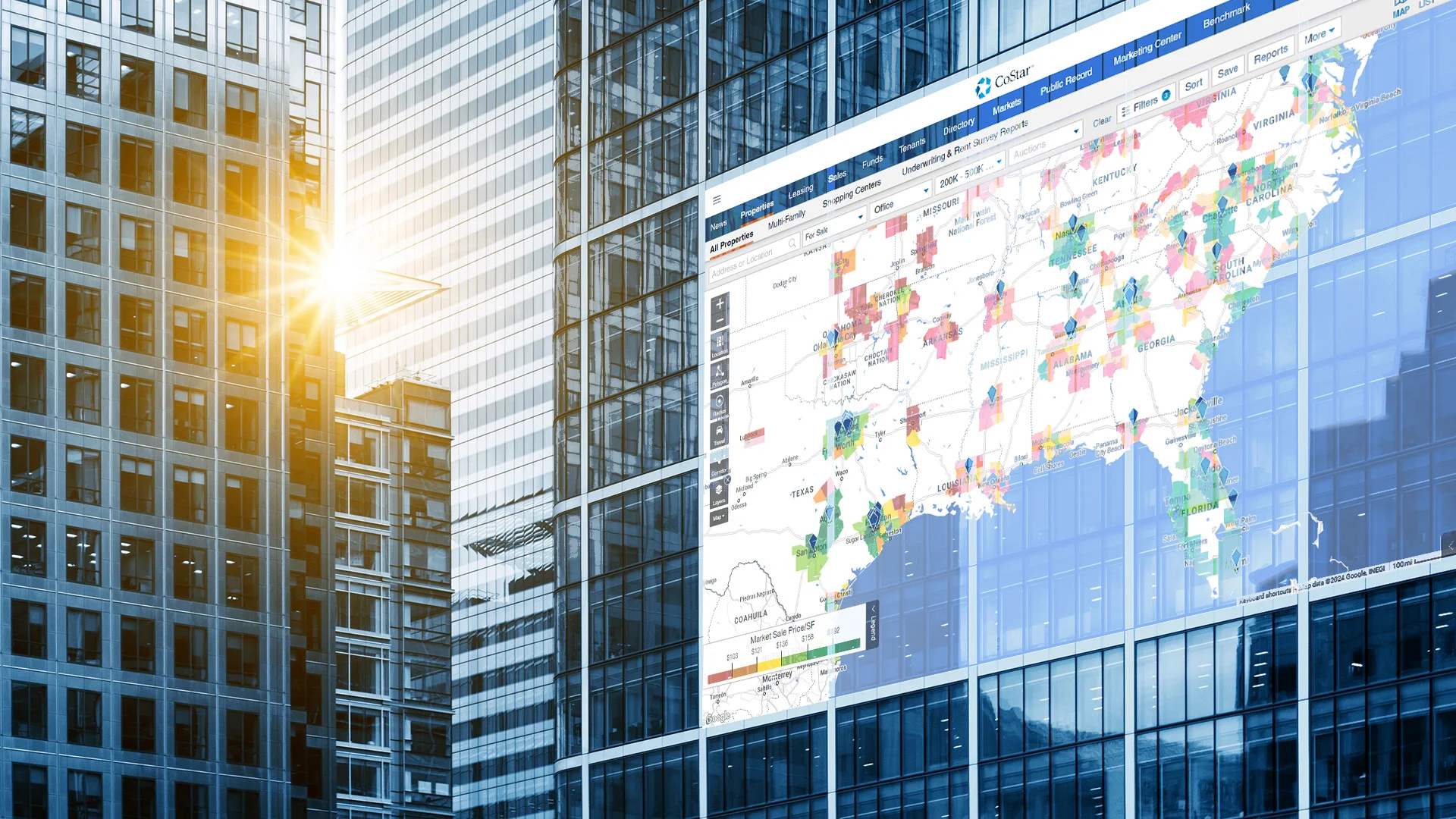
Commercial real estate encompasses a diverse range of properties, from office buildings and retail centers to industrial warehouses and multi-family residential complexes.1 This sector plays a vital role in the economy, providing the spaces where businesses operate, employees work, and consumers shop.2
A Complex and Dynamic Market
The commercial real estate market is complex and dynamic, influenced by a multitude of factors including economic conditions, interest rates, technological advancements, and changing consumer preferences.3 Understanding these factors is crucial for investors, developers, and businesses operating within this sector.
Investment Opportunities
Commercial real estate offers a range of investment opportunities for both individual and institutional investors.4
- Rental Income: Generating income through leasing properties to tenants.5
- Capital Appreciation: Benefiting from the appreciation of property values over time.6
- Diversification: Diversifying investment portfolios beyond traditional stock and bond markets.7
Key Considerations for Investors
Investing in commercial real estate requires careful consideration of several key factors:
- Market Analysis: Conducting thorough market research to identify promising investment opportunities and assess market risks.8
- Financial Analysis: Evaluating the financial viability of potential investments, including cash flow projections, return on investment (ROI), and risk assessment.9
- Due Diligence: Conducting thorough due diligence on the property, including property inspections, environmental assessments, and legal reviews.10
- Property Management: Managing the day-to-day operations of the property, including tenant relations, maintenance, and lease administration.11
The Evolving Landscape
The commercial real estate landscape is constantly evolving. Factors such as the rise of e-commerce, the increasing importance of sustainability, and the changing demands of tenants are driving significant changes in the industry.12
- E-commerce and Retail: The rise of e-commerce is impacting traditional retail spaces, prompting a shift towards experiential retail and mixed-use developments.13
- Sustainability: Increasingly, tenants and investors are prioritizing sustainability, seeking properties with green building features and low environmental impact.14
- Technology: Technological advancements are transforming the commercial real estate industry, with the rise of proptech (property technology) and the increasing use of data analytics to inform investment decisions and improve property management.15
Navigating the Future
Navigating the complexities of the commercial real estate market requires a deep understanding of market trends, a strong financial acumen, and a long-term investment perspective. By staying informed and adapting to the changing landscape, investors can capitalize on the opportunities and navigate the challenges presented by this dynamic sector.
